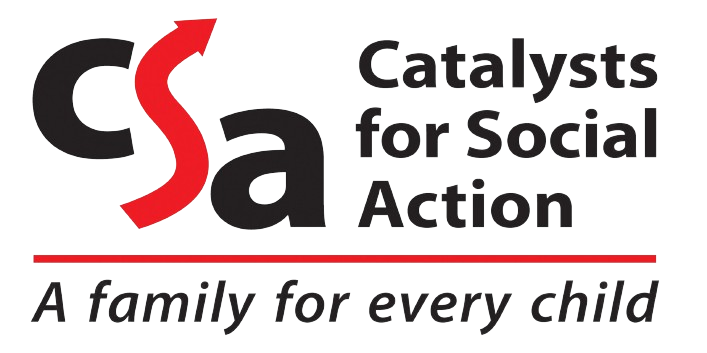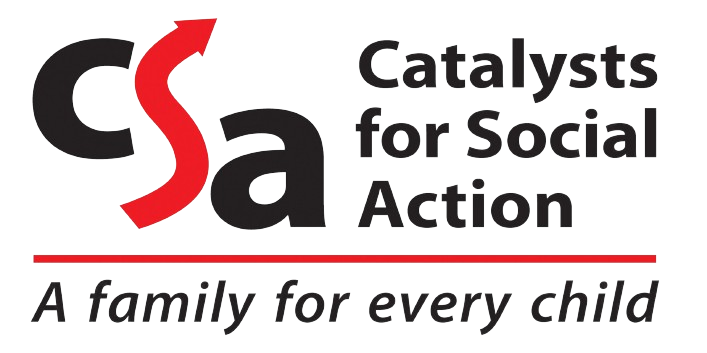

world for children
Know more about Vulnerable children
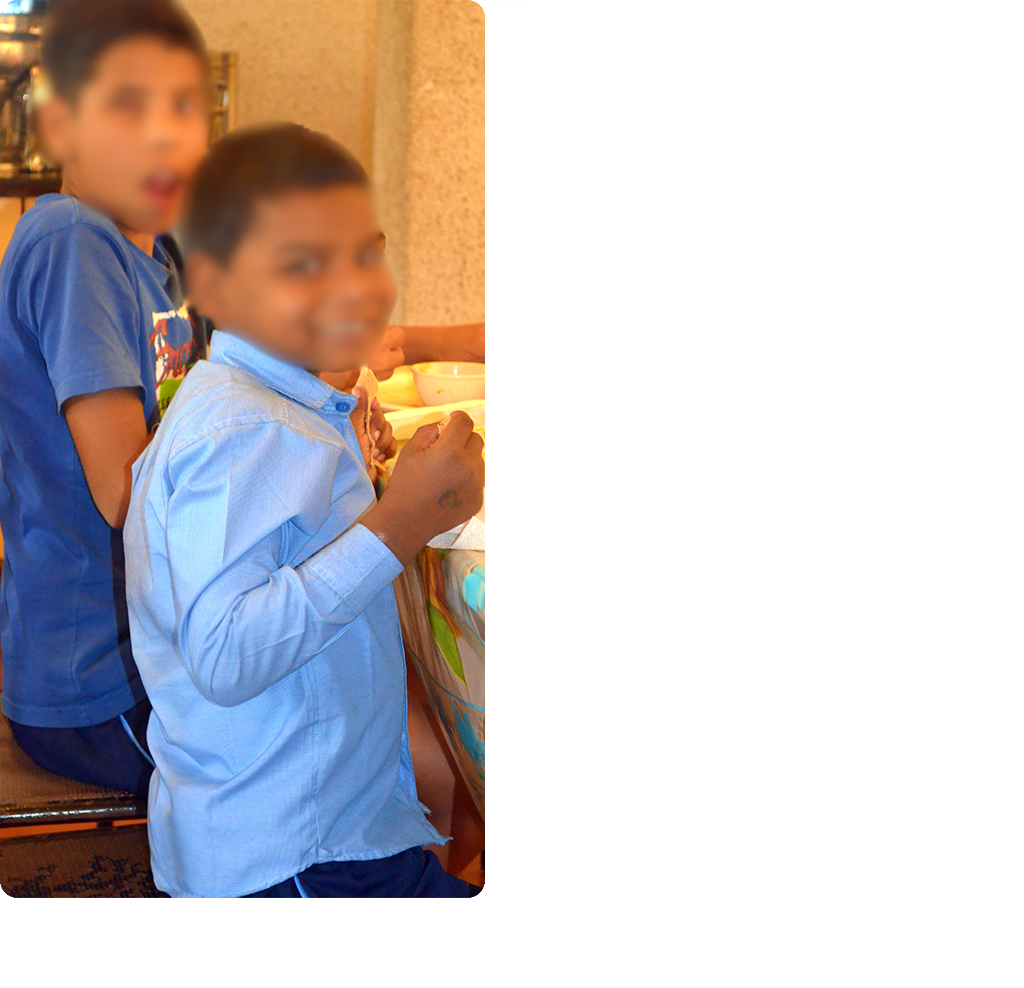
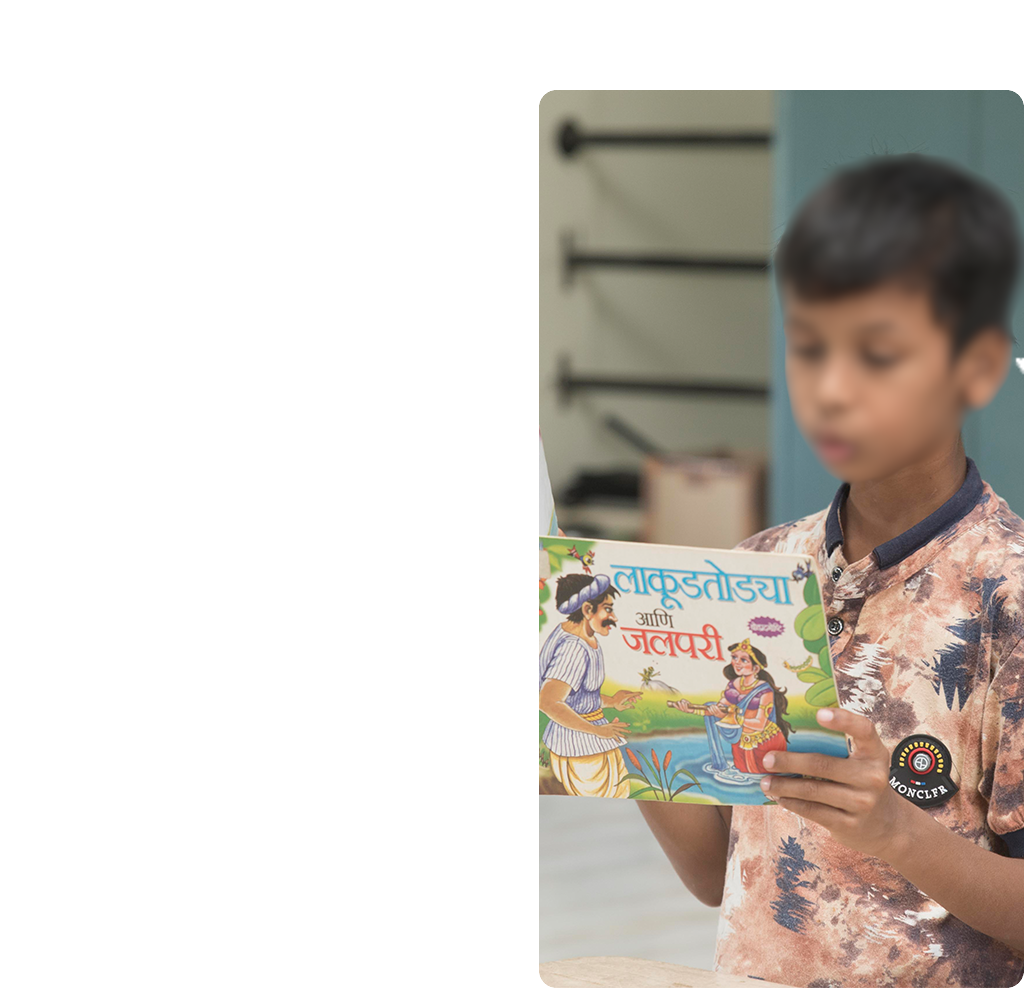
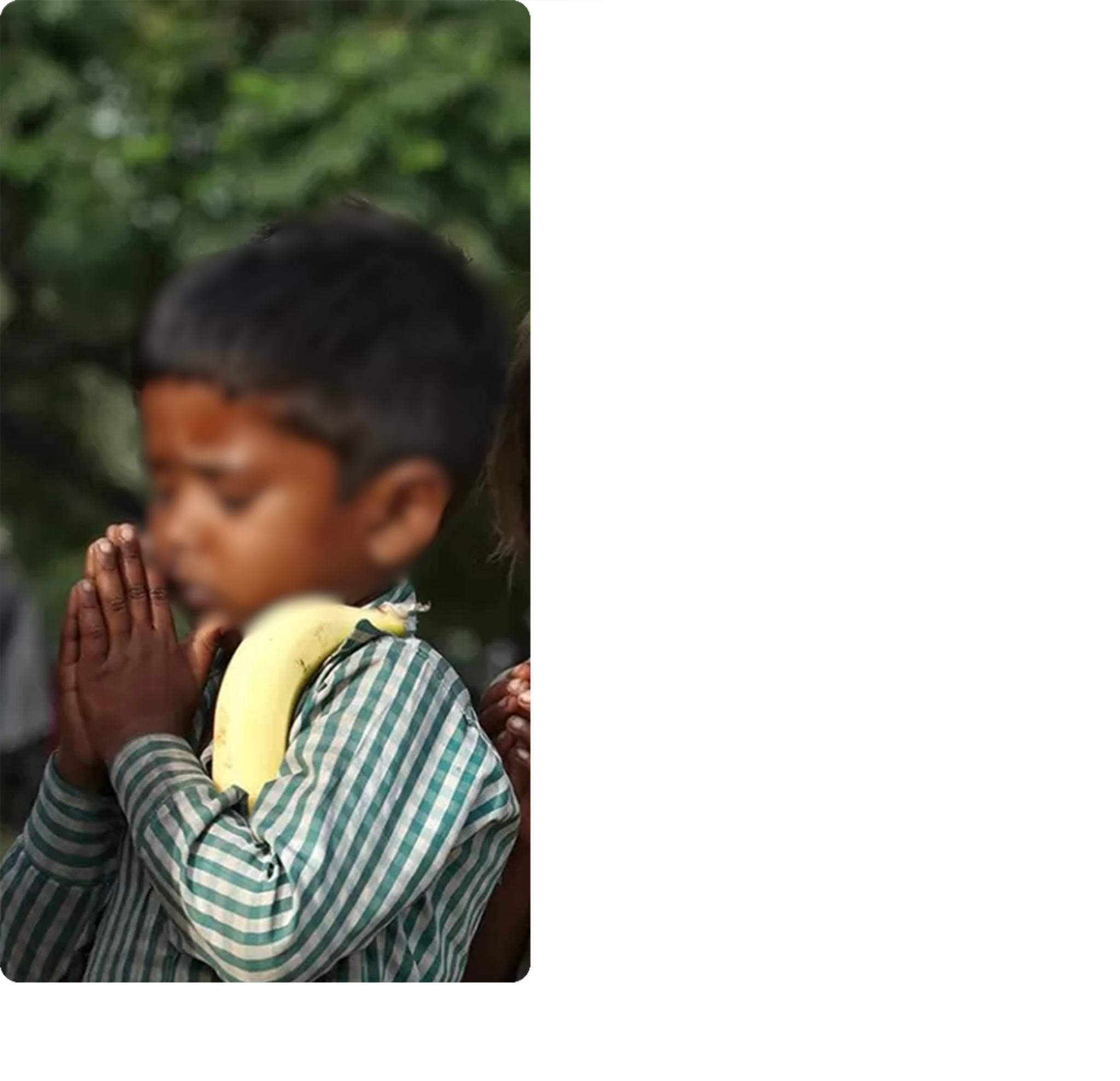
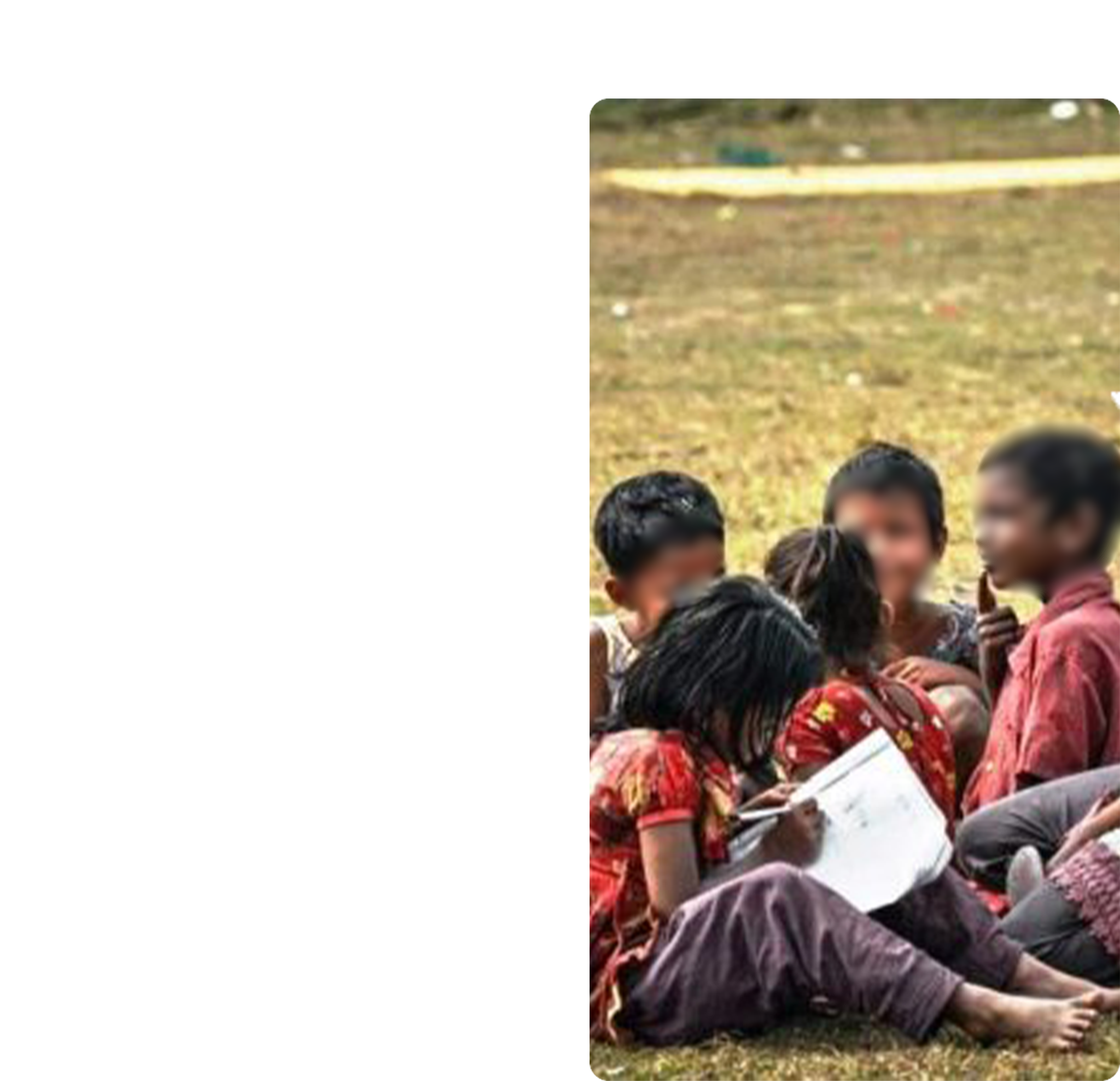
Know more about our how we build capacity through Advocacy
CSA’s Advocacy has a three-fold objective:

To develop and share knowledge drawn from the work carried out by CSA with vulnerable children and care leavers, and to carry out research studies on related issues.



Healthy Food
We help local nonprofits access the funding, tools, training, and support they need to become more.

Clean Water
We help local nonprofits access the funding, tools, training, and support they need to become more.

Medical Help
We help local nonprofits access the funding, tools, training, and support they need to become more.

Education
We help local nonprofits access the funding, tools, training, and support they need to become more.
Activities carried out in furtherance of the objectives
Vulnerability Mapping project - Madhya Pradesh
In 2021, as part of phase 2 of our Vulnerability Mapping project in Madhya Pradesh carried out in partnership with the Department of Women and Child Development, we conducted a re-evaluation of close to 150 families who had been reported in 2020 as vulnerable and in need of support by Anganwadi Workers. The re-evaluation was necessary because considerable time had passed due to COVID lockdowns since the time that the survey was conducted. The objective of this exercise was to help these families avail support from the Government through its social welfare schemes. We have conducted home-visits, prepared case files, and presented them before authorities for linking them up with state social welfare schemes. In many cases, we found that families do not possess necessary documents to avail benefits or are not fitting the eligibility criteria defined by the state. We are continuing with our follow up with the Government for support to these families.
Identification of children eligible for adoption from partner CCIs
CSA worked with Where Are India’s Children (WAIC) to help the Child Welfare Committee (CWC, which is the district level body which is authorized to place children with families) of Pune and Mumbai to identify children from partner CCIs who can be made legally free for adoption, thereby giving the children an opportunity to grow up in families. In our experience of working with child care institutions, we have observed several cases of children who do not have contact with their parents / guardians but are still not considered for adoption because they have not been declared ‘legally free for adoption’ by the Child Welfare Committee. One reason for this is that the Child Welfare Committee is unable to get information about such children, and this is the gap which we tried to address through this pilot project.
This intervention was carried out WAIC which has developed a tool which analyses case history and data of children in institutional care and flags cases of children who can possibly be made legally free for adoption by the Child Welfare Committee. After obtaining permission from the Department of Women and Child Development, Government of Maharashtra, we piloted this tool in 2 partner child care institutions in Pune with over 150 children. After analysis, cases of around 15 children have been identified who do not have any contact with their family or relatives. We are in the process of presenting this data before the Child Welfare Committee of Pune.
After completing this pilot, we plan to use this tool to analyze data of children from all child care institutions that we work with in Maharashtra. This is likely to make many children growing up in institutional care without any family contact ‘legally free for adoption’ and give them an opportunity to grow up with an adoptive family.
Care of the State - Podcast
As part of our effort to create better awareness about children growing up in difficult situations, the care and protection mechanisms available to them from the Government as per law, and the need to promote family-based care, we released an 8-episode podcast series called ‘Care of the State’. This series was created with the objective to help common people understand the plight of vulnerable children in India. It highlights gaps and good practices in the child protection system, and helps people understand the need to promote family-based care. The show breaks down complex issues of institutional care, fostering, adoption, aftercare, the role of organizations and government institutions and their responsibility to provide care and protection to these children.
In this show, we interviewed practitioners and experts from the field of child protection including Justice Madan Lokur, Arlene Manoharan, Priti Patkar, Vipul Jain, Kiran Modi, Dr. Shekhar Seshadri, Aloma Lobo and Ian-Anand Forber Pratt. Guests were asked questions about the legal framework, struggles, how the pandemic affected vulnerable children and what needs to be done to provide a safe environment for these children to grow and reintegrate into society. The show was featured in “New and Noteworthy” podcasts in Apple Podcasts and achieved a top ranking of 4th position in Apple Podcasts - Documentary - India charts.
All episodes of the show are out now and available for listening on http://csa.podlink.to/careofthestate.
To know more about this : Careofthestate - Podcast
Training and capacity building initiatives
CSA conducted several trainings of different stakeholders in the child protection system. This includes caregivers, social workers, superintendent of CCIs, officials of the District Child Protection Unit, and members of Child Welfare Committee.
- We were approached by the Child Welfare Committee of North Goa and South Goa to conduct a training-cum-orientation workshop for prospective foster families to prepare them for accepting children into foster care. The workshop was conducted over two days for approximately 40 families who had registered themselves for foster care. Topics covered included need for placement of children with families, difference between adoption, foster care and kinship care, an overview of Goa’s Vatsalya Foster Care scheme, eligibility criteria for people interested in accepting children in foster care, and the process comprising of application, home-visit, meeting the child, formalities and placement. All participants were given an information sheet which included the process flow, DOs and DONTs and tips on preparing themselves for foster care.
- In partnership with Pratham, Aangan and respective state Women and Child Development Departments of Maharashtra and Uttar Pradesh, we conducted virtual training for staff of child care institutions on COVID preparedness. These training sessions were attended by more than 350 people over 7 sessions.
- CSA was approached by the District Child Protection Unit of Kondagaon, Chhattisgarh to conduct a virtual training on development of Individual Care Plan. We trained the staff of 2 Government run child care institutions in the district on the same through 5 sessions spread over 3 weeks. This in-depth training was attended by 10 staff members of the 2 CCIs.
- We were approached by the Karnataka Women and Child Development department to help the department to conduct a state-wide vulnerability mapping exercise through Anganwadi Workers. The Karnataka department wanted to conduct a vulnerability mapping exercise in a model like the one which we conducted in Madhya Pradesh. Due to language issues, we were unable to train the Anganwadi Workers directly in Karnataka, and hence decided to conduct a training of Master Trainers who would then be responsible for imparting training to Anganwadi Workers. In this training, we trained 5 officials of the department who in turn trained Anganwadi Workers in the state to carry out the vulnerability mapping exercise.
Government partnership
CSA signed a 5-year MoU with the Directorate of Women and Child Development (DWCD), Government of Madhya Pradesh in October 2021. As per the MoU, CSA along with DWCD will undertake projects and activities towards strengthening child protection systems in Madhya Pradesh. This includes capacity building of stakeholders, improving quality of care and services for vulnerable children, children in institutional care, and care leavers as per mandates of the Juvenile Justice Act. A few activities planned as per the MoU are:
- Working with and supporting child care institutions in the state to enable them to provide better care and services to children in institutional care.
- Conducting its programs on healthcare, sanitation, education, life skills development, vocational training, etc. with children and youth residing in child care institutions and aftercare homes in the state.
- Conducting capacity building programs for government and non-government stakeholders on subjects including child rights, child protection, child safety, physical and mental well-being of children, vulnerability mapping, social investigation, home study, and compliance with JJ Act and Model Rules. Providing support and guidance to youth leaving child care institutions to enable them to pursue vocational training or higher education and facilitate their rehabilitation and reintegration into society.
Research study on deinstitutionalization of children carried out during COVID-19
In partnership with the Department of Women and Child Development, Government of Maharashtra, CSA has commenced a research study on deinstitutionalization of children in need of care and protection in Maharashtra during COVID-19. The study is being carried out in the context of concerns regarding the safety and well-being of children who were deinstitutionalized in the midst of the pandemic. Given the uncertainty of the situation, much of the deinstitutionalization supposedly took place in a hurried manner at a time when movement was restricted due to the lockdown and people, especially from the lower income groups and those belonging to vulnerable and marginalized sections of the society, were facing an unprecedented health and financial crisis.
The study would examine the processes which were followed in the given circumstances as against those which are mandated by the Juvenile Justice Act, 2015 through interviews with children who were deinstitutionalized between the age group of 14-18, their parents / guardians, Child Welfare Committee members, District Child Protection Unit members, and staff of child care institutions. Child protection experts Dr. Nilima Mehta, Dr. Mohua Nigudkar and Ms. Alpa Vora of UNICEF Maharashtra will be guiding the CSA team in this study. The study is expected to be completed by September, 2022.
Work with the Madhya Pradesh High Court Juvenile Justice Committee
CSA completed a community needs assessment exercise in Gwarighat, Jabalpur, Madhya Pradesh. This exercise was carried out by CSA under direction of the Juvenile Justice Committee of the Hon’ble High Court of Madhya Pradesh. Gwarighat is a religious place holding special importance for followers of Hinduism and Sikhism. The place is frequented by localities and tourists alike every evening to attend the “Narmada Arti”. The context of this needs assessment exercise was that most members of the community earn their livelihood by selling worship articles to devotees and taking devotees for boat rides in the river, and it had come to the notice of the Hon’ble High Court that children often helped their family in running these businesses when their parents were engaged in other work. The objective of the assessment was to understand the situation of the children in the community better, and provide them with necessary support.
Strengthening Village-level Child Protection Committees
CSA has commenced working with 3 Village-level Child Protection Committees (VLCPC) in the Indore district of Madhya Pradesh to make the committees active and functional. VLCPCs are grassroots child protection bodies composed of members of community bodies such as the village Panchayat, teacher, Anganwadi worker, member of the School Management Committee, etc. Their primary responsibility is to monitor, report and respond to the issues of child protection in the community. Strengthening of community-based mechanisms on issues of child protection is important because of the huge population of vulnerable children in India – most of whom are outside the radar of the state child protection system. Strengthening village and block-level child protection committees would ensures that (i) more children who are facing vulnerabilities and difficult situations in the community are identified and provided with appropriate support, (ii) children do not face situations of extreme risk which results in them being required to be separated from their family, and (iii) community-based bodies are able to take up and address issues of children and families at risk by themselves as far as possible.
